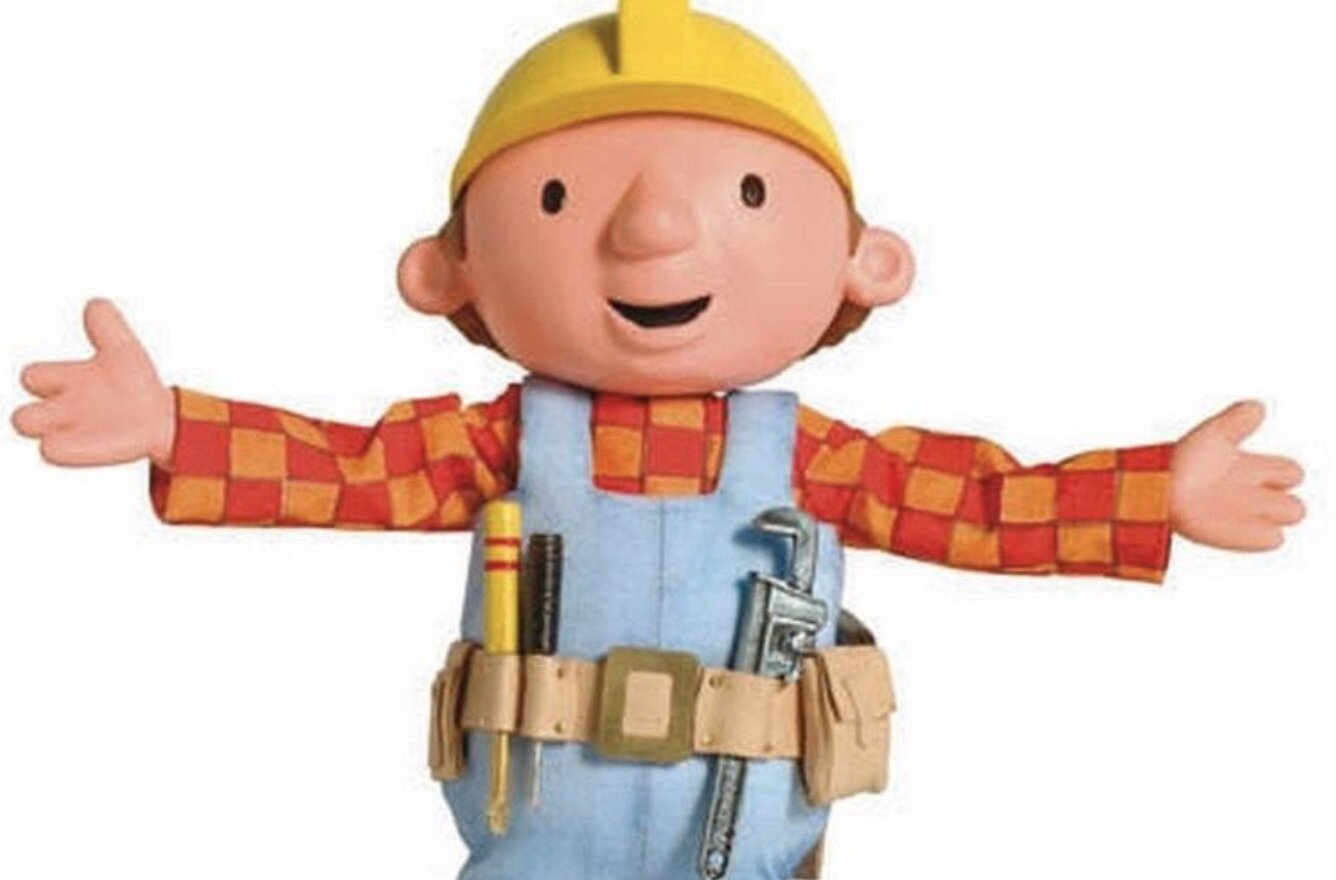Do you know this Character? He was great on the Reduce, reuse and recycle theme.
Costs and Expenses was a big section, there were lots of things to think about. One of the key things is that a business can be very successful, but if it has too many costs, then it’s cashflow can get into trouble and the business can fail
Today we're going to be more creative, and work on thinking about how we can keep our costs low.
There are so many things we could spend our money on. Most flower farmers are keen gardeners too, which means purchases can be difficult to resist, but we're going to look at how expenses can be reduced without compromising our businesses
We're going to talk about
Reduce, reuse, recycle
Hire or buy
Is it really needed?
Reduce, Reuse, Recycle
When I started my flower farm 7 years ago, I didn't have money to invest. There was no “savings” just the money I was earning as a gardener, that was over and above my monthly family commitments.
I got a loan from the bank of Dad for my polytunnel deposit, and financed the rest over the year. My first year budget showed me running out of money by April, and not making any until September. I thought i'd need to use credit cards and a small loan between those points, but actually as I was setting things up, I used Reduce, Reuse and Recycle as my mantra, and I never actually ran out of money.
So how did I do it?
I asked everyone I knew and quite a few besides for the things I needed.
Items I've sourced for free over the years are:
Pots - my local garden centre recycles them
Pallets - no need for expensive wood for beds or compost bins
Hoses - I've replaced the cheap ones now with professional ones, but in the first year they really helped
Greenhouses - 3 of them, just needing a few new panes of glass
A kitchen or 3 - which means I've now a lovely set up in the barn for workspace and cupboards (Try your local housing association, I found one that were changing to a new design and were just about to tip the remaining carcasses and work tops from the old design. )
Manure - lots of it, either brought to me or I borrowed a trailer to go and collect it
Mesh Metal fencing e.g Heras - so useful for keeping out deer and growing sweet peas up
Plants - I was a garden designer before being a flower farmer, and many of my clients were very happy for me to divide their plants for them and for me to take the excess.
Foliage - I can't keep up with demand on my field, but the locals love me pruning their gardens.
Gardening equipment - many many different items - seed trays, potting benches, etc - ask the local estate agents for anyone downsizing and find out if they want help clearing out their sheds and greenhouses?
Water collectors - waterbutts, compost bins and large containers are often things people decide they don't have room for and would like to get taken away.
Where to look for these things
Ask all your friends
Ask all your current clients
Ask your neighbours
Ask your local garden society or U3A, or NAFAS group (you could offer to give them a talk or a tour to get them on your side)
Freegle / Freecycle groups (websites where people give away unwanted items including plants)
Local Facebook groups
Write yourself a list of all the things you'd like this year, and then ask the world, and see how many you get. What's the worst that can happen?, People can say no!
Hiring rather than buying.
When you start your business it may seem obvious that you need to buy equipment, but sometimes things are only needed occasionally.
You mow a garden regularly, but a field that isn't being used, just needs topping (removal of seed heads) twice a year.
A hredder may be needed 3 or 4 times
A rotavator may be needed when you start, but not necessarily every year.
Unless you, or someone you can borrow from, already have the equipment, you can hire items for a day or week. This is a lot cheaper, and also you will not need additional security and insurance all year round.
Look up the prices of hiring, so that you're aware of what they may cost you.
